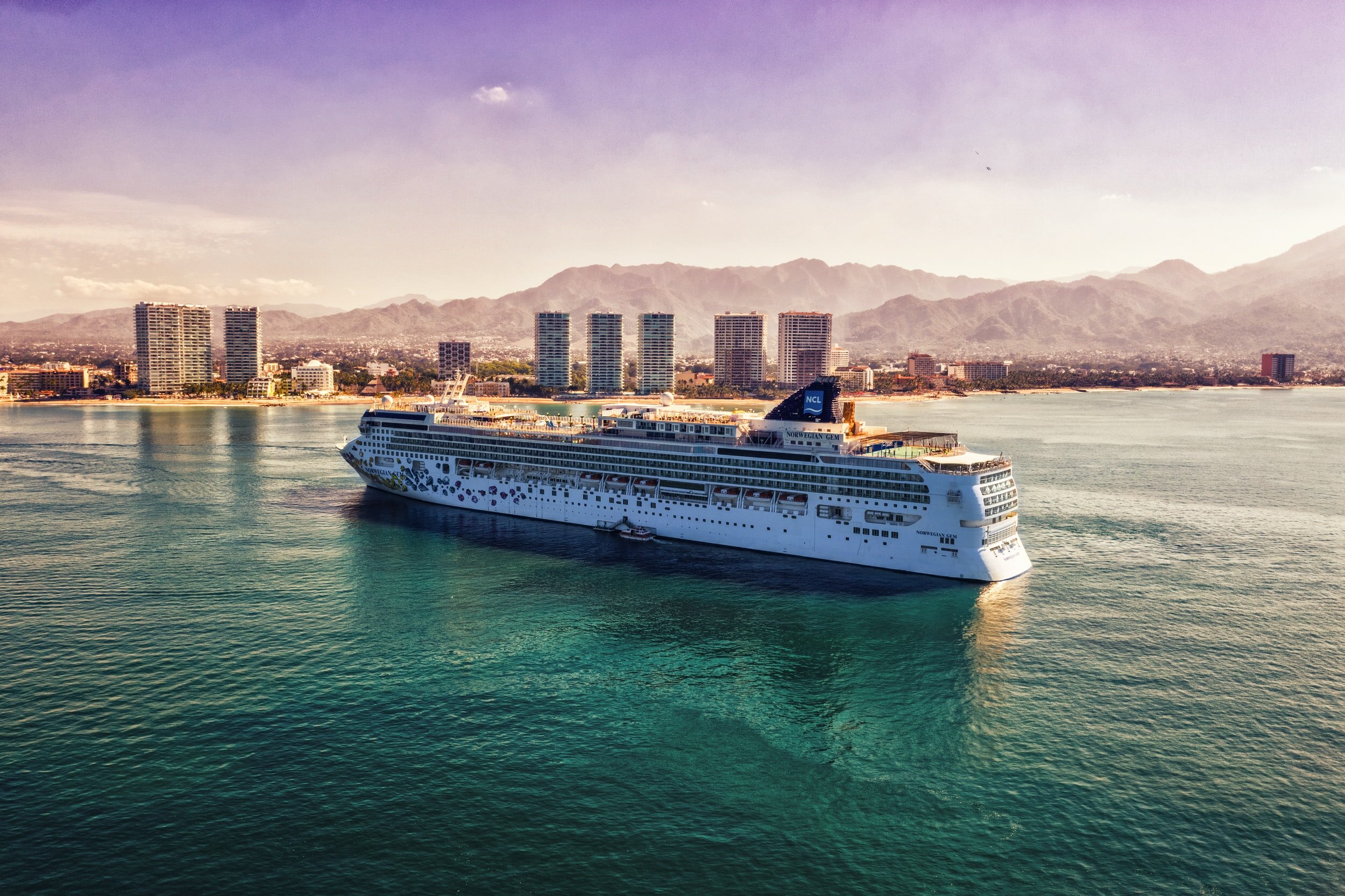
Case Summaries
London Arbitration 16/22
Further to an electrical breakdown, Time-Charterers first placed the Vessel off-hire, and then terminated the Charterparty (with cargo on board), relying on the C/P cancellation clause and a repudiatory breach. Whilst the breakdown inferred breach of delivery condition, the Tribunal held it was not repudiatory; nor had Charterers complied with cancellation clause notice requirements. Until the Vessel proceeded to the discharge port and delivered the cargo, she was not at Owners’ disposal and not redelivered; the C/P remained live but the vessel was, however, off-hire from the moment she could not follow Charterers’ orders until commencement of discharge.
London Arbitration 15/22
Multiple cargo Claimants, claiming cargo damage and short delivery under 14 B/Ls, alleged the cargo had been sold prior discharge to two of their number, who, as B/L holders had obtained title to sue pursuant to s.2(2)(a) of COGSA 1992. Shipowners put the Claimants to strict proof, from the outset, to evidence all endorsements and B/Ls movements, and that the cargo had not been sold onwards. The Tribunal placed little weight on witness evidence from the alleged cargo seller, nor on letters from the two Claimants confirming receipt of B/Ls and no onwards sale (produced some 4 years later). Contemporaneous material from the Claimants themselves was crucial – and absent. The Claimants had not established title to sue and their claim was dismissed.
London Arbitration 14/22
After ordering the Vessel to wait off port limits, Charterers required discharge at a 1st then 2nd berth, only permitted by the (1SP/ 1SB) Voyage C/P by “special agreement”. Owners insisted that Charterers first paid outstanding AWRP and fuel costs for a trip to replenish, both occasioned by the waiting. Charterers, having initially agreed, failed to pay. The Tribunal dismissed Charterers’ duress claim – Owners simply drove a hard bargain; nor was the agreement outside the C/P jurisdiction clause – it was concluded pursuant to a C/P term. Owners were entitled to both amounts.
London Arbitration 13/22
Time Charterers (NYPE) redelivered with excess ROB (about +155% IFO and +30% MGO). The Tribunal held that Owners were to reimburse ROB in excess of a 5% tolerance (for ‘about’) at neither the C/P redelivery price, nor the purchase price paid by Charterers but at the market one (in the event, higher than both).
London Arbitration 10/22
Owners appealed a Chinese court’s judgment holding them liable for cargo (heat) damage under a B/L, but then settled with cargo interests and sought an indemnity under the ICA. Dismissing Charterers’ arguments, the Tribunal held that even though the damage arguably arose post-discharge, the allegation related to carriage, making it a qualifying “Cargo Claim”; it was not improperly settled and thus met the threshold. However, the damage could not be attributed to loading or handling so 8(d) rather than 8(b) applied, resulting in a 50/50 apportionment, which was not displaced by any “act or neglect”.
London Arbitration 9/22
An amended NYPE provided for holds to be ready to the satisfaction of Charterers’ nominated surveyor, failing which off-hire from failure to passing. The parties agreed, by email, to a “pre-inspection” before the official “final inspection…alongside”. Following holds’ failure at the pre-inspection, Charterers claimed off-hire. The Tribunal found that (i) “pre-inspection” here meant the parties considered it a ‘trial run’ to protect them from any impact of the official inspection (ii) there was a representation in the emails that the CP off-hire regime would be unaffected by the pre-inspection. Therefore, the Vessel was off hire only from failure at the official inspection.